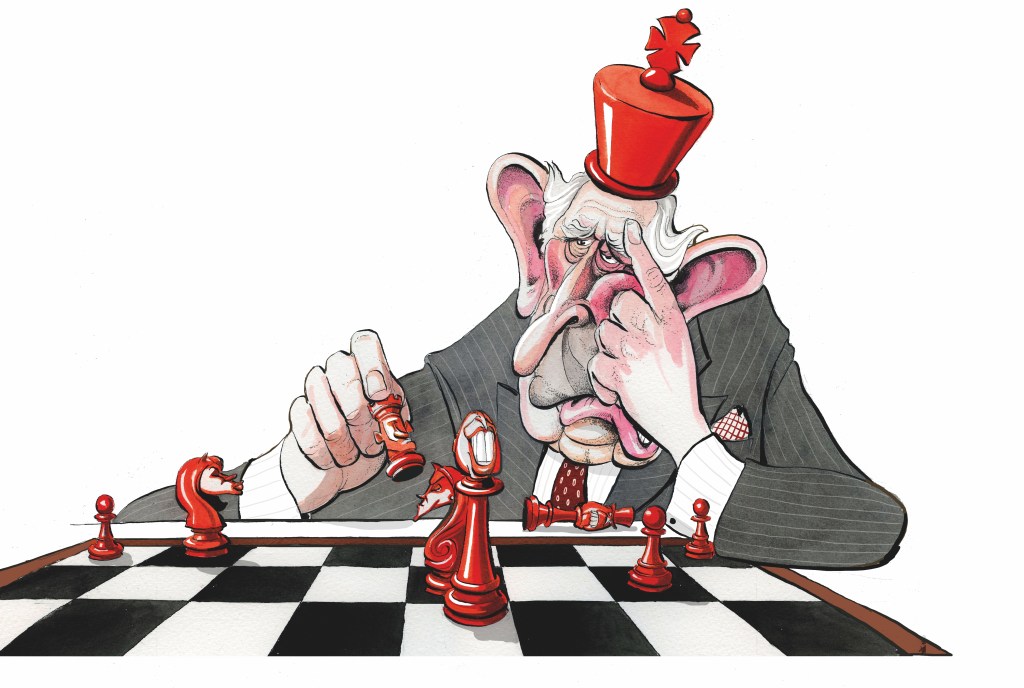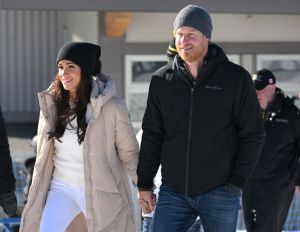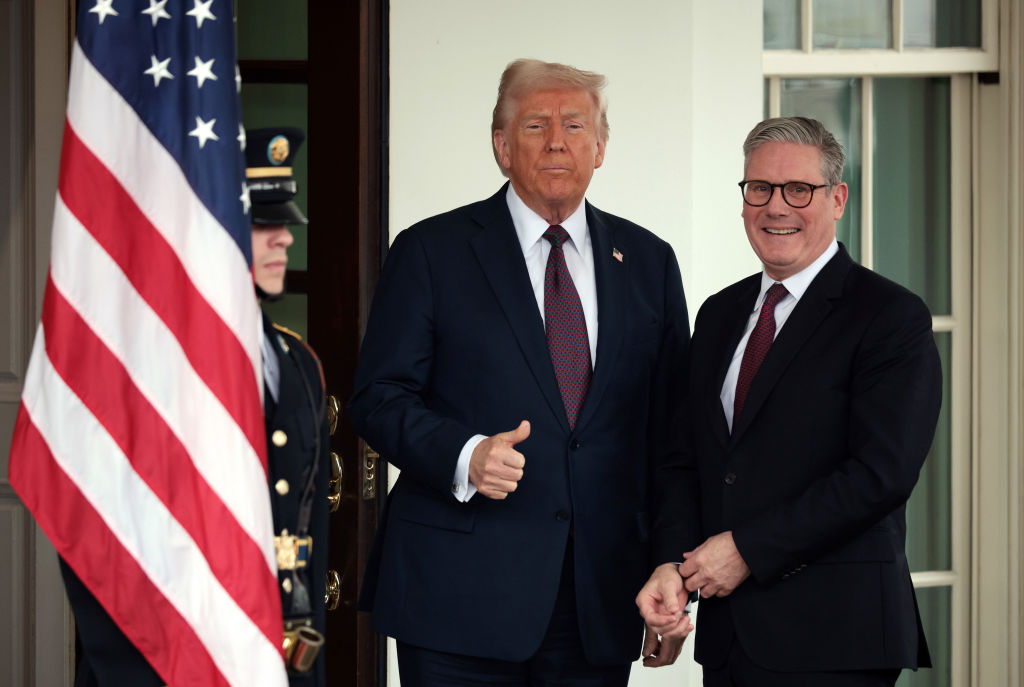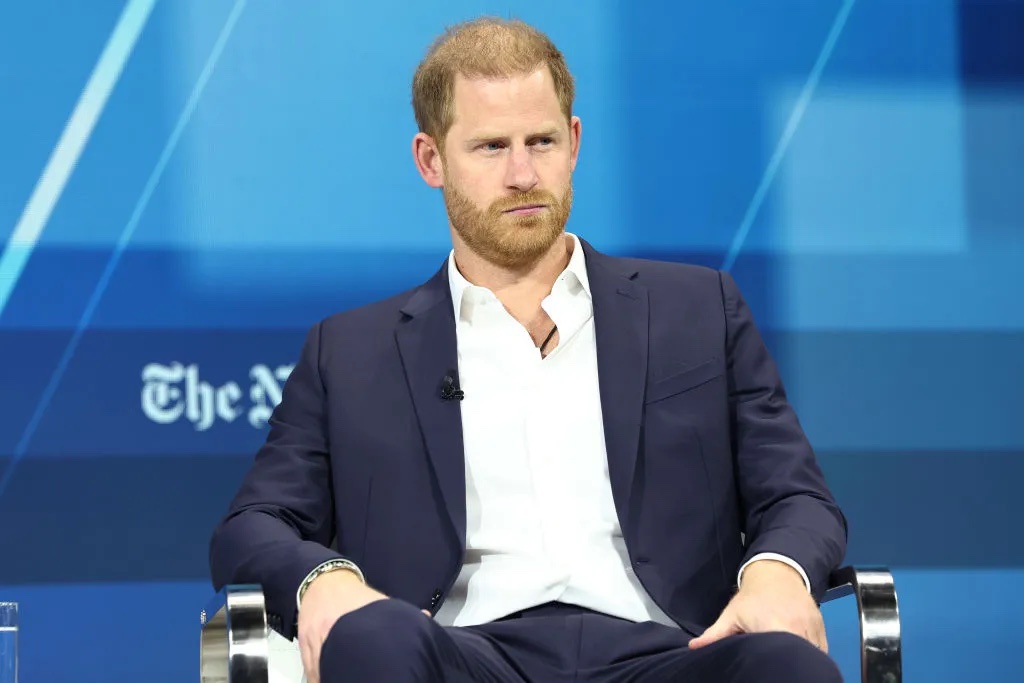On September 10, 1946, British foreign secretary Ernest Bevin remarked, “kings are pretty cheap these days.”
His comment was directed at the displaced monarchs who floated, dispossessed, around Europe, but it might also have been a dig at the ailing king George VI, who had found his métier in wartime but struggled to regain it afterwards.
Less than six years after Bevin’s comment, the king died and Elizabeth II assumed the throne, leading to an unprecedented period of monarchical duration, stability and popularity. Yet after her own death last September, at the age of ninety-six, and the subsequent accession of her son, Bevin’s statement has assumed new and unlooked-for relevance. As the new monarch finds himself abused and mocked in the street by protesters’ (meaningless) chants of “not my king,” will his coronation continue his mother’s legacy, or is it a pageantry-stuffed but empty last hurrah?
King Charles III is certainly not a “merry monarch,” as his forebear Charles II was sardonically described. Not only is he the oldest king ever to have assumed the title, at seventy-three, his eventful private life has been minutely observed by his people (and everyone else in the world) since his investiture as Prince of Wales at Caernarfon Castle on July 1, 1969. His life has included adultery, high-profile exculpatory public interviews, the death of his former wife in a car crash, remarriage to his former long-term mistress and now his apparent estrangement from his younger son, who has, almost in passing, become one of the most famous men alive thanks to his near-constant lambasting of his family and their moral and personal failings.
Leading up to the coronation, the presence — or absence — of Prince Harry has been the major news story for both the British and the international media for months. While the loyal press try to make other incidents the focus — such as the prominence that will be given to the king’s grandchildren George, Charlotte and Louis — there is no doubt that the prospect of some things going wrong is far more interesting than some other things going to plan — and the refusal of Harry and Meghan to commit to attending the service has allowed speculation to run rampant.
At the time of writing, the usually reliable bookmakers’ odds imply a 75 percent chance that the Sussexes will be present on the day, while the only recent comment from their spokesperson was “I can confirm the Duke has recently received email correspondence from His Majesty’s office regarding the coronation,” but that “an immediate decision on whether the Duke and Duchess will attend will not be disclosed by us at this time.”
Luck, in all its forms, is what the British royal family will need over the coming decades to survive
Attention-seeking, provocative, irritating: this is nothing new when it comes to the exploits of the terrible twosome. Yet as Charles prepares for a coronation that is said to plan to combine multiculturalism with tradition and to be “shorter, smaller and cheaper” than his mother’s, he might be forgiven for wondering what the point of it all is. Rather like a politician who has spent decades scheming for the presidency only to find himself unable to cope with the much-coveted job when it finally comes along, the king finds himself beset by controversy and incident involving those closest to him. It remains uncertain how he plans to make sure that both the coronation and the remainder of his reign are successful — short, that is, of banishing Harry, Meghan and the Duke of York to the Tower of London and hoping that their names are never mentioned again. (Good luck with that.)
And luck, in all its forms, is what the British royal family will need over the coming decades to survive. This is not the first time in recent history that “the Firm” has been faced with an identity crisis. The accession of Edward VIII in 1936 — an epochal mismatch of individual and institution — led to his abdication at the end of the year and the subsequent reign of his younger sibling George VI, a shy, decent man who entirely lacked his elder brother’s charisma and glamour. The question for King Charles, then, is which of the two former kings he resembles more closely. Ideally, of course, it would be his grandfather — a man who proved his mettle in wartime, and whose devotion to his family was to his endless credit.
Yet there are undeniable similarities between the new monarch and his great-uncle, too. Both men are capricious, believe in unquestioning noblesse oblige and had eventful, not-so-private, lives before becoming king. And both fought incessantly with their families, too. In the case of Edward, who became Duke of Windsor after abdicating in December 1936, his obsession with having his wife Wallis officially led to his ostentatiously boycotting such events as his niece’s 1947 wedding and 1953 coronation, but also to his wider exclusion from the royal family. After the deaths of his brother and mother Queen Mary, he was a detached presence at best, choosing to spend his time in France and the United States. He established himself as a sort of pundit, always available to offer an opinion about the monarchy — if the right fee was paid, of course.
Much the same can also be said of Prince Harry, whose public and media appearances this year may have been relatively limited, but seem as if they are legion. The nadir came in a paid-for, live-streamed therapy session with the “trauma expert” Gabor Maté, in which the Duke of Sussex solemnly discussed his recreational use of psychedelic drugs and praised his wife as “an exceptional human… I am eternally grateful for her wisdom and the space that she is able to give to me.” The “space” that the rest of the world might want to bestow upon the troublesome prince is considerably greater yet, but it shows no signs of manifesting, as he might put it.
Yet whatever happens on May 6 — whether the coronation is an astounding success, a dismal failure, or anything in between — it will not answer continuing existential questions about the British monarchy. I wondered whether the Queen’s death would lead to an upsurge in republican feeling in the United Kingdom, perhaps masterminded by a popular public figure, but so far this has not materialized. There is a degree of affection toward the institution, built up painstakingly over the previous seven decades by his mother, that will take a considerable time, perhaps even the entirety of Charles’s reign, to dispel.
After that, it is anyone’s guess what will happen. The tawdry stories in Spare about Prince William physically attacking his brother may have been much ridiculed, but the book generally did little for the now-Prince of Wales’s public reputation. If Harry’s intention was for his memoir to act as a kind of kamikaze attack on the entire institution he was born into, it has certainly succeeded. The British media may dutifully report on the king’s apparent penchant for surprising random subjects by appearing at country churches at weekends, or offer fawning praise for the Princess of Wales’s unadventurous outfit choices, but they are most interested in the latest controversy or outrage perpetuated by the semi-detached spare himself. This tension between intention and attention is key to understanding why the present-day monarchy seems rudderless.
King Charles has displayed a pleasing ruthlessness when it comes to members of his family who have stepped out of line
It is by no means lost, however. King Charles has displayed a pleasing ruthlessness when it comes to members of his family who have stepped out of line, whether it’s depriving Harry and Meghan of their grace-and-favor home Frogmore Cottage in Windsor, or turning out his brother Andrew from his offices at Buckingham Palace.
This recognition that, if the royal family is to survive in the twenty-first century, it cannot assume that public loyalty is a given, is a welcome shift from conventional expectations that the royals are universally beloved simply because of their status and titles. The King’s Speech last Christmas was another welcome break from tradition — focusing on the have-nots in society with notable compassion — and there is an undeniable acknowledgment that there needs to be change and evolution if the British monarchy is to survive.
When Elizabeth II was crowned on June 2, 1953, the date was carefully chosen as the most propitious for good weather. In the event, there was a downpour, and it sullenly rained all day. Few cared. Not only was it watched all over the world — many purchasing television sets for the express purpose — it inaugurated a remarkable reign. Elizabeth’s son is now faced with the unenviable task of stewarding both evolution and, where necessary, revolution. Hard of heart would be those who did not wish him the best of British luck, but it will take a remarkable man to shepherd the monarchy into the twenty-first century as a relevant, rather than anachronistic, institution. The coming months and years will show whether King Charles III is indeed that man: the consequences if he is not could be seismic.
This article was originally published in The Spectator’s May 2023 World edition.

























